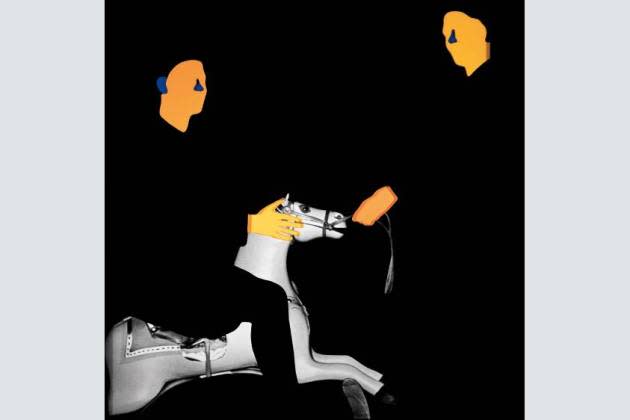MGMT Brightens Up (at Least a Bit) With Deceptively Upbeat ‘Loss of Life’: Album Review

The first step with any new MGMT album is finding your bearings. In the years since their 2007 breakthrough album “Oracular Spectacular,” the duo’s discography could be characterized by its almost allergic aversion to following the success of such generation-defining anthems as that album’s “Kids,” “Electric Feel” and “The Youth.” The band’s fifth album, “Loss of Life”, stays that course — which is to say that it sounds both recognizably like MGMT and frequently like nothing MGMT has ever done. And so did the album before this, and the one before that.
“Oracular Spectacular” wasted no time telegraphing MGMT’s stance on fame: That album’s opener, “Time to Pretend” looked at stardom as a milestone possibly not worth achieving, though that very song (along with the album’s other hits) would go a long way towards getting them there anyway. The group’s subsequent work has sometimes strained to convince the listener that they have no intention of selling out — particularly with their self-titled third album, a compelling but occasionally inscrutable work that nonetheless continues to grow in reputation with each passing year.
More from Variety
Thematically, “Loss of Life” echoes the group’s underrated “Little Dark Age,” an album that found the connective tissue between society’s addiction to modern technology and bigger, more unsettling existential questions. “Loss of Life” approaches similar subject matter with an unexpected warmth, especially given the album’s title. The humor is still there (as on “I Wish I Was Joking,” where lead singer Andrew VanWyngarden deadpans, “Nobody calls me the gangster of love”). But there is a sincerity in the tone that feels new, too. “Loss of Life” is at once inviting and as creatively restless as anything MGMT has ever released. Its songs are immediate and accessible, tapping the group’s keen pop instincts, but densely constructed and garnished with unexpected detours. “Mother Nature” and “Nothing to Declare” are gentle acoustic indie folk, simple at their core but with surprising marginal flourishes, such as the anxious ticking clocks that emerge during the climax of the latter.
The album also features some surprisingly low-key guest appearances: Oneohtrix Point Never (aka Daniel Lopatin) sprinkles electronics on half the album; longtime producer David Fridmann is credited with “production and engineering” (but the album was officially produced by the group and Patrick Wimberly); Danger Mouse and Wilco guitarist Nels Cline drop in on “Mother Nature,” and Sean Ono Lennon plays keyboards on “Bubblegum Dog,” to name just a few.
“Dancing in Babylon”, featuring Christine and the Queens duetting beautifully with VanWyngarden, is unexpectedly multi-tiered, moving from an earnest, soaring power ballad into an upbeat climax. “Phradie’s Song” is a mystic, spectral lullaby; “Bubblegum Dog”, which dates back to the “Little Dark Age” sessions, finds VanWyngarden questioning his long-held beliefs as he approaches middle age: “The years of plodding on in fear of the bubblegum dog, it’s finally catching up with me.” And the title track, which closes the album, is an expansive, shape-shifting slice of psychedelia adorned with “Sgt. Pepper” horns and spacey electronics at its fringes.
Ultimately, with “Loss of Life,” the group seems to feel more comfortable than ever in its own skin, unshackled to trends or preconceived notions about how some may feel they should sound. The album’s centerpiece, the sprawling “Nothing Changes”, finds VanWyngarden crushed by futility — “Sisyphean daily life, endless straining.”
Yet on songs like “Babylon” and “People in the Streets,” he’s singing with a new directness and clarity, as if the self-consciousness is gone… mostly, anyway.
Best of Variety
Sign up for Variety’s Newsletter. For the latest news, follow us on Facebook, Twitter, and Instagram.
